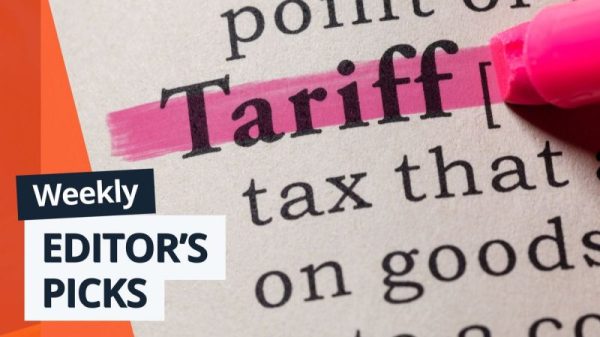China’s July Crude Imports Drop
In the realm of global energy trade, China has emerged as a pivotal player, with its demand for Chinese oil shaping the dynamics of the international oil market. As of July 2023, China’s crude oil imports have witnessed a remarkable increase, growing by 17% year-on-year. This surge not only holds implications for China’s domestic energy security but also exerts a significant influence on global energy trade patterns. This article delves into the factors driving China’s growing appetite for oil, its implications on global oil tank markets, and the broader landscape of international trade oil.
China’s Growing Crude Oil Imports: Drivers and Implications
July witnessed a significant decline in China’s crude oil imports, dropping by 18.8% compared to the previous month and reaching the lowest daily rate since January. This contraction in imports was largely attributed to reduced overseas shipments by major exporters and the continued accumulation of domestic crude stocks. As China continues to diversify its energy sources, Chinese oil remains a central pillar due to its role in supporting rapid urbanisation, industrialisation, and the expanding middle class.
The implications of China’s growing demand for oil extend far beyond its borders. As China strengthens its position as a major player in the global energy landscape, it wields significant influence over trade oil dynamics. Traditional oil-exporting nations must adapt to China’s shifting import patterns, potentially redirecting their exports and negotiating new terms to cater to China’s energy needs. Moreover, the rise in China – oil interactions could lead to an evolving geopolitical landscape, with nations seeking to align their foreign policies to harness China’s influence in the energy domain.
Reshaping Oil Tank Markets: Meeting China’s Demand
China’s surging oil imports also have a pronounced impact on the oil tank market. The expansion of oil tank infrastructure to accommodate growing imports is not only vital for China’s energy security but also presents lucrative opportunities for global energy infrastructure firms. China’s insatiable demand for crude oil necessitates the construction and expansion of strategic storage facilities, both within the country and across international shipping routes.
The statistics revealed that crude oil shipments into China, which holds the title of the world’s largest oil importer, amounted to 43.69 million metric tons in July, equivalent to 10.29 million barrels per day (bpd). This figure marked a noteworthy departure from June’s import rate of 12.67 million bpd, which had set the second-highest record in history. Although the recent import volume demonstrated a significant decrease, it still registered a 17% increase compared to the same period in the previous year when the country’s economy faced the dual challenges of widespread COVID outbreaks and extensive lockdowns.
Despite the overall reduction in crude oil imports for July, state-owned refineries within China showcased an interesting trend. These refineries augmented their processing rates, averaging between 78% and 82% in July. This represented a growth of 2 to 3 percentage points compared to the preceding month of June.
China’s July Crude Oil Imports and Their Global Energy Ripples
The data from July’s crude oil imports in China reflect a complex interplay of various factors affecting global energy markets. The fluctuations in imports provide insights into the impacts of global economic conditions, supply and demand dynamics, and strategic energy policies.
As China continues to navigate these variables, its energy consumption patterns will undoubtedly continue to influence not only its domestic energy security but also the broader landscape of international energy trade.
Furthermore, as China continues to strengthen its role in shaping the trade oil dynamics, traditional energy-exporting nations must adapt their strategies to align with China’s evolving energy consumption patterns. The expansion of oil tank infrastructure to meet China’s growing demand not only offers economic opportunities but also underscores the imperative of establishing resilient and adaptable energy supply chains.
The post China’s July Crude Imports Drop appeared first on FinanceBrokerage.


































